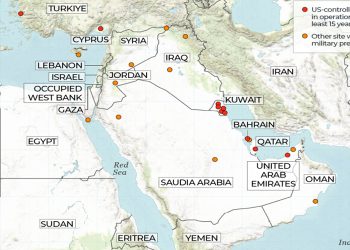Pakistan’s current account deficit (CAD) reduced by more 67% in the first seven months of this fiscal year (FY23) due to restrictions on imports, with the negative gap during January alone recorded at $0.242 billion.
According to data released on Monday by the State Bank of Pakistan (SBP), the overall current account deficit for the country decreased by $7.75 billion, from $11.558 billion in the same time of FY22 to $3.799 billion in FY23.
“CAD recorded $0.2 billion in January 2023 against a deficit of $2.5 billion in January 2022,” the central bank said.
Current Account Deficit (CAD) recorded $ 0.2 billion in Jan 2023 against a deficit of $2.5 billion in Jan 2022. https://t.co/q3LNv3HgLshttps://t.co/Od8ikVvpBF pic.twitter.com/C3v9k4pZDb
— SBP (@StateBank_Pak) February 20, 2023
The decline comes as Pakistan moved to restrict imports, curtailing the opening of letters of credit for a variety of sectors much to the dismay of businesses who rely on inward shipments for their operations.
The move came as Pakistan’s foreign exchange reserves depleted to critical levels, at less than a month of import cover. Islamabad is currently engaged in talks with the International Monetary Fund (IMF) for the resumption of the stalled Extended Fund Facility (EFF) program, which has been deemed critical.
Last week, talks between the IMF and Pakistan resumed virtually, as the two sides look to reach a deal to unlock funding critical to keep the country afloat.
The two could not reach a deal earlier this month and a visiting IMF delegation departed Islamabad after 10 days of talks but said negotiations would continue. Pakistan is in dire need of funds as it battles a wrenching economic crisis.
Pakistan’s foreign exchange reserves held by the central bank have fallen to just above $3 billion, barely enough to cover three weeks of imports.


































